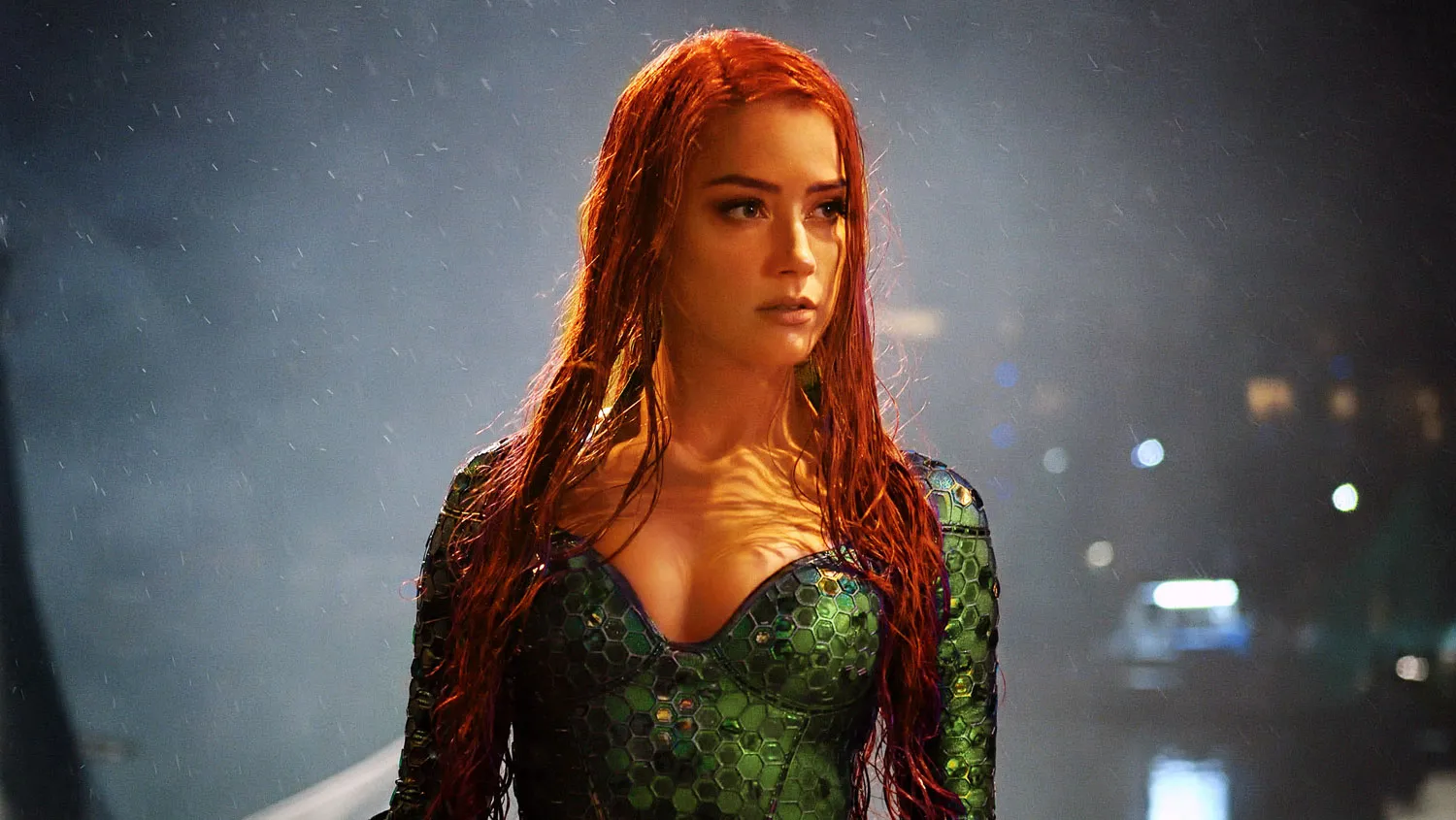In the era of smartphones and cloud backups, personal privacy is hanging by a thread. One of the most disturbing events that highlighted this vulnerability was the wave of celebrity leaks commonly referred to as “the Fappening.” Among the affected was former Nickelodeon star Jennette McCurdy, whose experience in Jennette McCurdy the Fappening became a defining moment in conversations about digital safety, consent, and media responsibility. This incident marked a painful intersection between fame, technology, and exploitation, serving as a cautionary tale for the entire digital world.
The Rise of Jennette McCurdy and Her Transition Beyond Nickelodeon
Jennette McCurdy rose to fame for her role as Sam Puckett on iCarly and later on Sam & Cat. She was known for her comedic timing, energetic personality, and relatability. But behind the bright lights and laughter, she struggled with the pressures of fame at a young age—pressures that would later compound during Jennette McCurdy the Fappening.
When private images surfaced online without her consent, McCurdy’s life took a deeply personal and painful turn. While the incident was treated as gossip fodder by some media outlets, it was, in essence, a criminal violation of privacy. Like many female celebrities targeted in that mass hacking event, she was reduced to a headline rather than treated as a victim of a cybercrime.
The Media’s Role in “Jennette McCurdy the Fappening”
The digital world reacted swiftly, and not always ethically. News platforms and gossip sites capitalized on the scandal, driving massive traffic from viewers hungry for controversy. The coverage of Jennette McCurdy the Fappening often blurred the line between reporting and exploitation.
This episode revealed an uncomfortable truth: while audiences denounce the invasion of privacy in theory, in practice, sensationalism sells. The rush to publish stories without ethics checks made it clear that digital journalism needed stronger standards, particularly when dealing with stolen material. In retrospect, discussions around the incident underscored the need for media accountability in the age of viral leaks.
The Emotional Toll and How McCurdy Took Back Control
For Jennette McCurdy, the unauthorized release of intimate photos provoked feelings of humiliation and helplessness. Yet, her later career choices show remarkable resilience. She turned to writing, directing, and speaking openly about her trauma and the toxic aspects of celebrity culture.
Her memoir, I’m Glad My Mom Died, though not directly about Jennette McCurdy the Fappening, reflected her long-standing struggle for autonomy—against both Hollywood’s objectification and personal pain. In interviews, McCurdy has discussed her quest for self-ownership over her story, which makes her handling of the situation one of recovery and reclamation rather than surrender.
Her evolution from television actress to author and filmmaker demonstrates the strength it takes to rise from invasive public scrutiny. Instead of allowing the incident to define her, she used her platform to redefine herself—on her terms.
Lessons from Jennette McCurdy the Fappening and Digital Accountability
The privacy breach that affected Jennette McCurdy serves as a reference point for ongoing debates about cybersecurity and digital consent. It’s not just a celebrity issue; it mirrors a growing societal concern where personal boundaries dissolve in the online sphere.
Cybersecurity experts continually warn users about storing sensitive material in cloud systems without strong protections. More importantly, Jennette McCurdy the Fappening reminds us that behind every leaked image is a person whose dignity was violated. The normalization of such leaks—through humor, curiosity, or apathy—perpetuates harm.
The event calls for better education on digital ethics and stronger laws against non-consensual image distribution. Many legal systems have since evolved to classify this type of incident as a form of digital sexual abuse. In the wake of scandals like these, awareness has grown around how technological advances can be both empowering and exploitative.
A New Era for Consent, Technology, and Media Ethics
The reckless dissemination of stolen private images highlights how the internet, while globalizing freedom of expression, often fails to protect the right to privacy. For celebrities like McCurdy, whose lives are already public property in many ways, the violation runs deeper—it removes agency altogether.
Post-Jennette McCurdy the Fappening, the entertainment industry and social platforms began revisiting policies related to privacy and harassment. Platforms like Reddit and Twitter developed stricter rules against sharing hacked or intimate content. Meanwhile, cloud providers improved security mechanisms, promoting two-step verification and encrypted backups.
Ethical reporting also began taking a turn. Reputable outlets now treat digital leaks as crimes rather than gossip, reflecting a slow but necessary shift from sensationalism to respect for victims’ rights.
Beyond the Scandal: Redefining Jennette McCurdy’s Legacy
Today, Jennette McCurdy is recognized not for any scandal but for her honesty, creativity, and courage. She has emerged as a symbol of self-reclamation and integrity in an industry that often strips people of both. Her career renaissance—marked by storytelling and introspection—exemplifies the power of turning pain into purpose.
By addressing uncomfortable truths about her childhood, mental health, and fame, McCurdy inspires a more empathetic understanding of celebrity culture. Her resilience reminds people that healing from digital exploitation is possible, even if the internet never forgets.
The discourse around Jennette McCurdy the Fappening has since evolved into a larger dialogue about how society views women in the public eye. It raises important questions: Why is the violation of women’s privacy more likely to become entertainment? How can media systems balance transparency with compassion? And what responsibilities do we, as digital citizens, share in preventing this harm?
The Broader Cultural Impact
Years later, the effects of the celebrity leaks continue to influence privacy legislation and online behavior. What happened to Jennette McCurdy and others serves as both a historical reference of digital exploitation and a moral checkpoint.
The scandal exposed not only the fragility of celebrity privacy but also the voyeuristic tendencies of audiences conditioned to consume content instantly. It reflected a world that confuses access with entitlement—a world now struggling to define consent in digital terms.
Movements like #MeToo and #StopRevengePorn have expanded public understanding of consent and responsibility. The global community now recognizes that the unauthorized spread of intimate content is a crime, not “gossip.” In this way, Jennette McCurdy the Fappening remains an enduring reminder of both the dangers of unregulated digital culture and the progress possible when awareness leads to empathy.
Despite the trauma, Jennette McCurdy stands as a figure of transformation and strength. Her journey demonstrates that even in an age dominated by exposure and voyeurism, reclaiming one’s story is still possible. The conversation her experience sparked continues to influence how society defines privacy, respect, and responsibility in the digital world.





